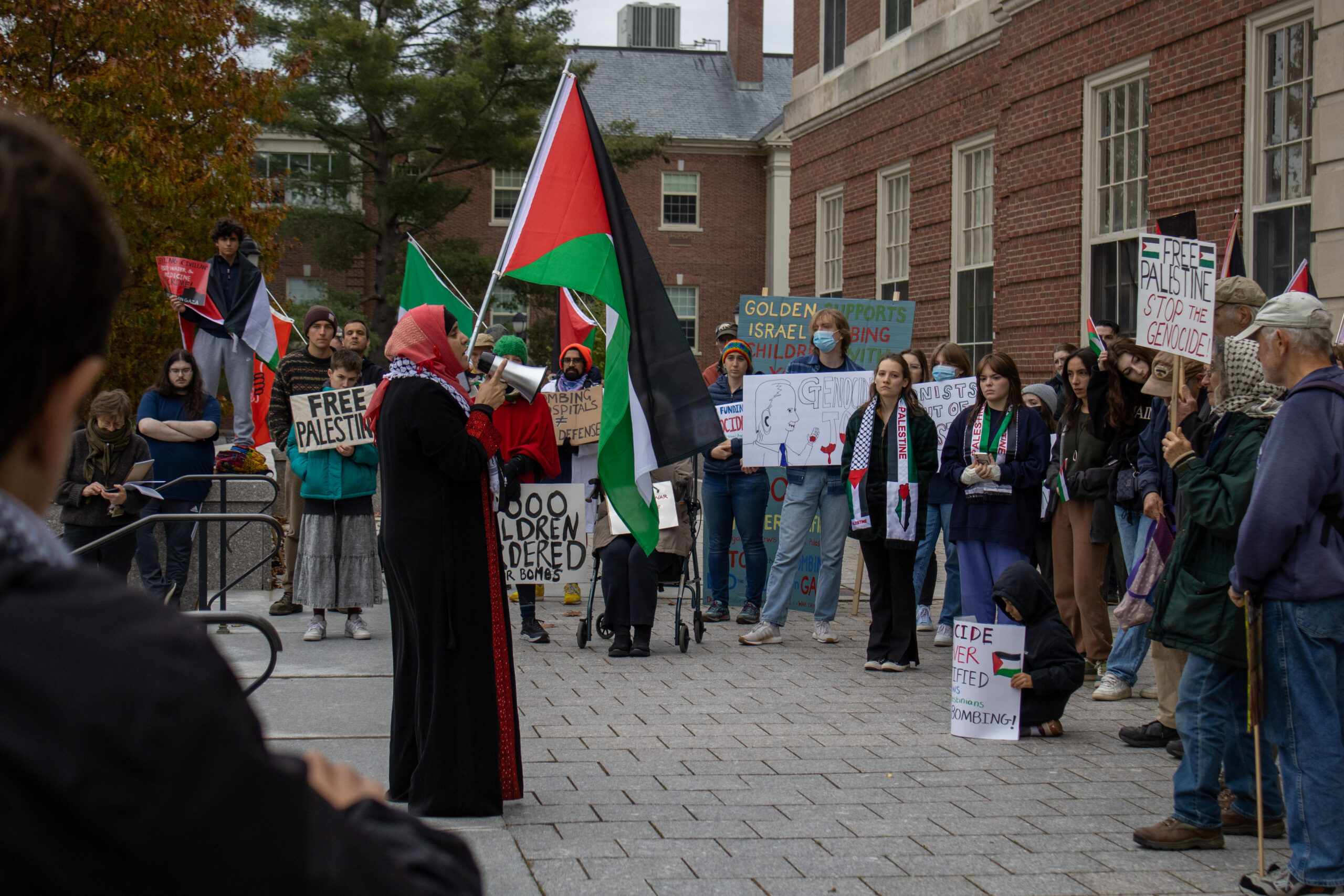Over four months have passed since the Islamic militant group Hamas carried out an attack on Oct. 7, 2023. With this attack came the official declaration of a war between Hamas and Israel, which has reached a death toll of roughly 30,000 people to date.
An estimated 28,473 of the 30,000 lives lost belong to Palestinians and another 1,400 to Israelis. Included in the death toll are the lives of 88 journalists and over 100 people who were working for the United Nations Relief and Works Agency for Palestine Refugees in the Near East (UNRWA).
A recent analysis by BBC revealed that over half of all buildings located within the Gaza Strip have been either damaged or destroyed, contributing to the displacement of around 80% of the total population of Gaza.
On Tuesday, Feb. 20, the United States was the only country out of 15 to veto a UN Security Council resolution draft that would call for an immediate ceasefire in Gaza, with the United Kingdom abstaining. This vote was the third instance in which the U.S. vetoed a resolution draft since the start of the conflict.
For a draft resolution to be adopted, at least nine out of 15 members must vote in the affirmative. In addition, adoption will not occur if any of the five members of the permanent council issue a veto. Along with France, Russia, the United Kingdom and the People’s Republic of China, the United States is recognized as a permanent member.
U.S. Ambassador Linda Thomas-Greenfield cited concerns to the UN over talks to release the Israeli hostages being held by Hamas in the Gaza Strip.
Before the vote took place, Thomas Greenfield explained the United States’ reasoning for opposing the resolution to the council, saying, “Demanding an immediate, unconditional ceasefire without an agreement requiring Hamas to release the hostages will not bring about a durable peace. Instead, it could extend the fighting between Hamas and Israel.”
Algeria created the most recent draft that was voted on and did not include the release of those held hostage in Gaza as part of the terms of an immediate ceasefire. During the council’s discussion, Algeria’s UN Ambassador Amar Bendjama stated, “A vote in favor of this draft resolution is support to the Palestinians’ right to life. Conversely, voting against it implies an endorsement of the brutal violence and collective punishment inflicted upon them.”
Israel’s UN Ambassador Gilad Ergan argued that an immediate ceasefire would allow Hamas to continue committing acts of terror, ultimately adding to the death toll of both Gazans and Israelis.
Palestinian Ambassador Riyad Mansour countered Ergan’s claim, calling a U.S. veto a form of encouragement for Israel to “continue to get away with murder.”
The Feb. 20 vote came after over 75% of the 193 UN General Assembly made a nonbinding but significant vote in favor of an immediate humanitarian ceasefire.
As talks between nations continue, the World Health Organization (WHO) is warning the world that Gaza is now a “death zone” as delivering humanitarian aid has become increasingly difficult.
Top U.S. officials, including White House Coordinator for the Middle East Brett McGurk, have recently met with Israeli Prime Minister Benjamin Netanyahu as discussions concerning the creation of a deal that would guarantee the release of all Israeli hostages in Gaza is ongoing.











